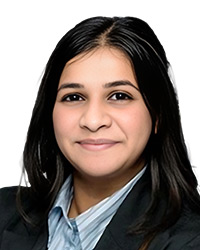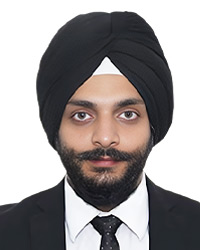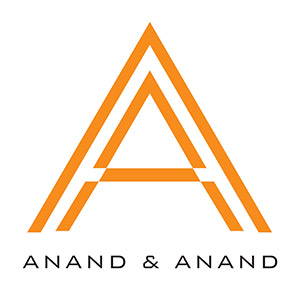Amid increasing activity in standard essential patent (SEP) disputes leading to settlements between players such as Nokia-OPPO and Kigen-Thales, a recent Delhi High Court decision in Ericsson v Lava has put India at the forefront as one of the most favourable destinations for SEP owners. This decision, along with recent developments in Indian jurisprudence, has unequivocally shown that Delhi High Court is an equal participant in adjudicating a “FRAND dance”.
Two vital paradigm shifts

Managing Associate
Anand and Anand
The first paradigm shift. The seed of India’s remarkable growth in SEP jurisprudence was sown in 2009, when Philips sued local DVD manufacturers, claiming patent infringement. In the next few years, from 2013 to 2015, Ericsson sued Indian mobile device manufacturers for SEP infringement. A decade since, India has shaped its SEP jurisprudence with decisive pronouncements in many high-profile disputes, causing two vital paradigm shifts. The first shift occurred when the Indian courts recognised the right to secure the SEP owners in 2014.
In the past decade, Indian jurisprudence has crystallised the right to provide relief to SEP owners by granting them pro tem relief. This pro tem relief, which literally translates to “for the time being”, is specific to India and is intended to secure an SEP owner at the outset to balance the equities between the parties. In early SEP cases, the concept of pro tem security was an ad hoc payment awarded by the court at its own discretion.

Senior Associate
Anand and Anand
While moulding the law on pro tem, Delhi High Court has imported international jurisprudence into India. In the landmark judgments in Intex v Ericsson and Nokia v OPPO, the court relied on the framework of Huawei to mandate that the SEP owner ought to be secured even “at the stage of negotiations”. More recently, Delhi High Court has gone on to grant pro tem security as early as the first effective date of a hearing. Notably, such security has become a norm and can even be granted suo moto (on its own motion) by the court. The courts have remained mindful of the need for striking a balance as they have considered various forms of security including, but not solely, deposits, bank guarantees and land on the basis of the facts and circumstances of each case.
The second paradigm shift. While securing interests is one way to go, recent developments have opened a second “road not often tread” in the form of FRAND (fair, reasonable and non-discriminatory) rate setting post-trial. While the first paradigm shift came in the form of Indian courts recognising the need to secure the rights of SEP owners, the second paradigm shift came in the form of the first SEP post-trial judgment, in Philips v Rajesh Bansal in 2018.

Associate
Anand and Anand
A recent feather in India’s cap is the FRAND determination in Ericsson v Lava that has come nine years after the suit was instituted. The judgment puts India on the list of jurisdictions for “FRAND determination”, which was dominated only by countries such as the UK and China. This judgment took a long time, but Delhi High Court is also gearing up for fast-track trials in SEP cases.
Further, Delhi High Court’s determination to be at the focal point is evident from the pragmatic nature of SEP orders. In the recent Nokia v OPPO case, Delhi High Court proposed determination of a global FRAND rate in India to keep the country abreast with major jurisdictions such as the UK and China.
These recent decisions have positioned India as one of the most sought after forums for SEP litigation. Even so, these judicial pronouncements are only a speck in a galaxy of changes ongoing in the Indian SEP space, and attest to the credibility and competence of Delhi High Court to decide SEP disputes and make FRAND determinations. It is only a matter of time before Delhi High Court will be delving deep into global FRAND computations in highly anticipated fast-track trials.
Pallavi Bhatnagar is a managing associate, Gitanjali Sharma is a senior associate, and Gursimran Singh Narula is an associate at Anand and Anand

B-41, Nizamuddin East
New Delhi 110013, India
www.anandandanand.com
Contact details:
T: +91 120 4059300




























